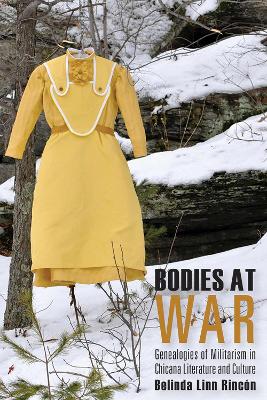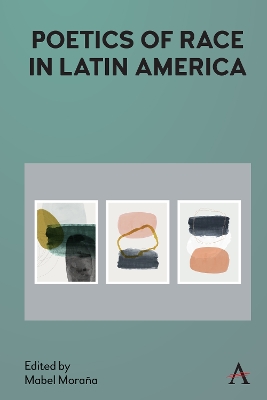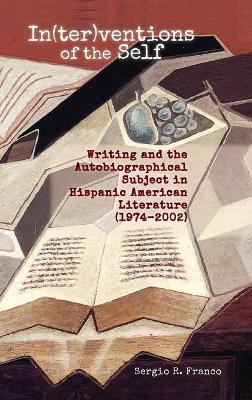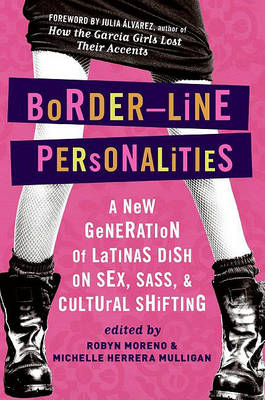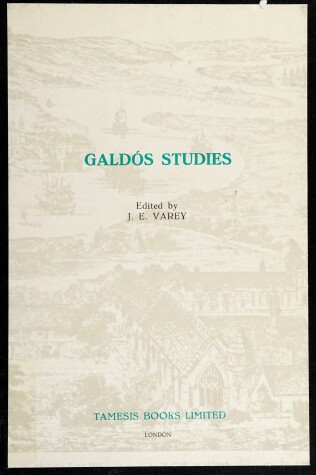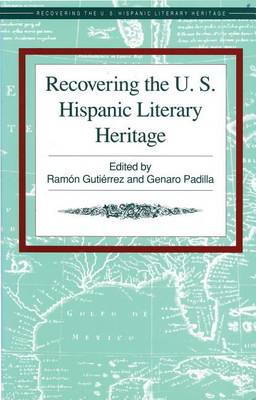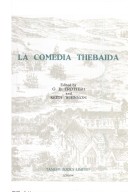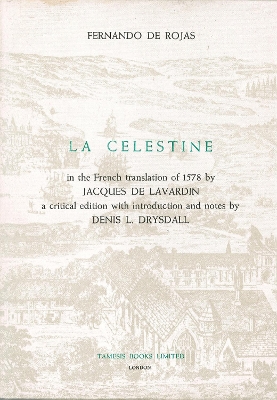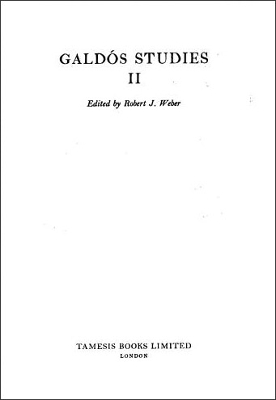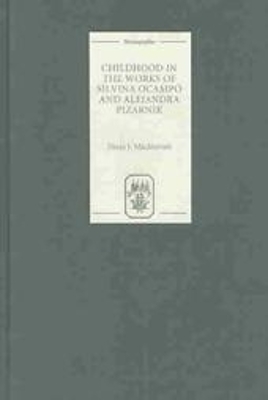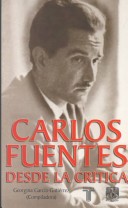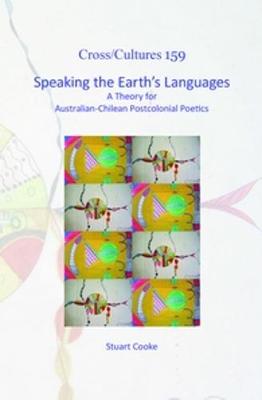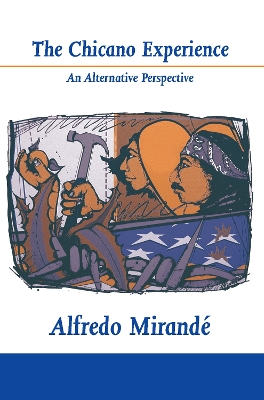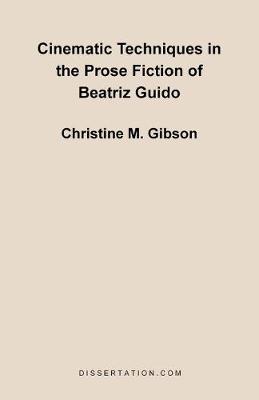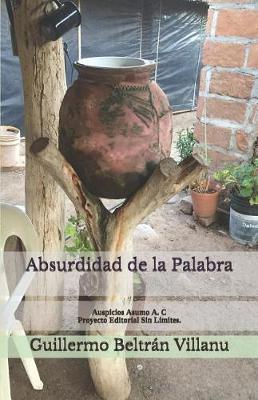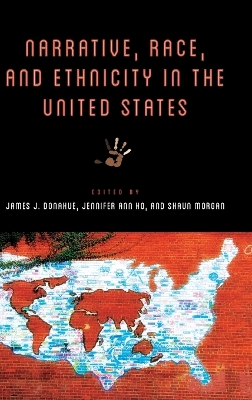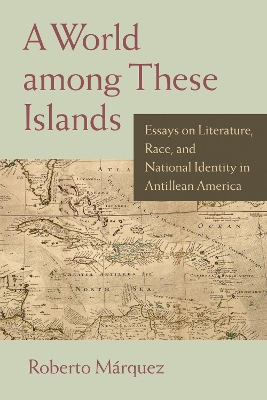Poetics of Race in Latin America (Anthem Studies in Latin American Literature and Culture)
The Comedia Thebaida is a neglected work, never extensively studied as attempts to assess its literary value have been distorted from the outset by the undue weight given to the two principal charges levelled against it: its inferiority to Celestina and its "immorality". This volume transcribes two early versions of the text, and contains notes on the localization of the action, along with a critical assessment. It is a sound basis from which to assess the literary value and historical importa...
'La Celestine' in the French translation of 1578 by Jacques de Lavardin
by Denis L Drysdall
This volume explores the theme of childhood in the cuentista and poet Silvina Ocampo (1903-1993) and the poet Alejandra Pizarnik (1936-1972). It draws revealing comparisons between these key Argentine writers through theirshared obsession with childhood, arguing that an understanding of their attitudes to childhood is fundamental to an appreciation of their work. Close reading of various Ocampo texts, including some for children, allows an exploration of her vision of childhood through nostalgia...
Speaking the Earth's Languages brings together for the first time critical discussions of postcolonial poetics from Australia and Chile. The book crosses multiple languages, landscapes, and disciplines, and draws on a wide range of both oral and written poetries, in order to make strong claims about the importance of 'a nomad poetics' - not only for understanding Aboriginal or Mapuche writing practices but, more widely, for the problems confronting contemporary literature and politics in coloniz...
Mirandé offers a detailed examination of Chicano social history and culture that includes studies of: Chicano labor and the economy; the Mexican immigrant and the U.S.-Mexico border conflict; the evolution of Chicano criminality; the American educational system and its impact on Chicano culture; the tensions between the institutional Church and Chicanos; and the myths and misconceptions of "machismo."
Cinematic Techniques in the Prose Fiction of Beatriz Guido
by Christine Mary Gibson
El escritor polaco Witold Gombrowicz ocupa hoy un lugar parad jico en la literatura argentina. Este libro indaga ese lugar a trav s de la categor a de lo abyecto, una categor a psicoanal tica, pol tica y est tica que ilumina tanto la pr ctica literaria de Gombrowicz como la recepci n ambivalente que sufri en Argentina. Inspir ndose en los escritos te ricos de Julia Kristeva, e integrando las elaboraciones te ricas m s recientes, este libro eval a el 'legado argentino' del escritor polaco, y dem...
Narrative, Race, and Ethnicity in the United States (Theory Interpretation Narrativ)
Caribbean literature and culture have all too often been viewed in fragmented terms, without attention to the broader commonalities of the region. In this collection of essays written over many years, Roberto Marquez offers a more encompassing vision, one that respects the individual traditions of particular locales, languages, and cultures but also sees the larger themes that bind the area's literary heritage and history. Marquez begins by making the case for a genuinely Caribbean literary crit...
